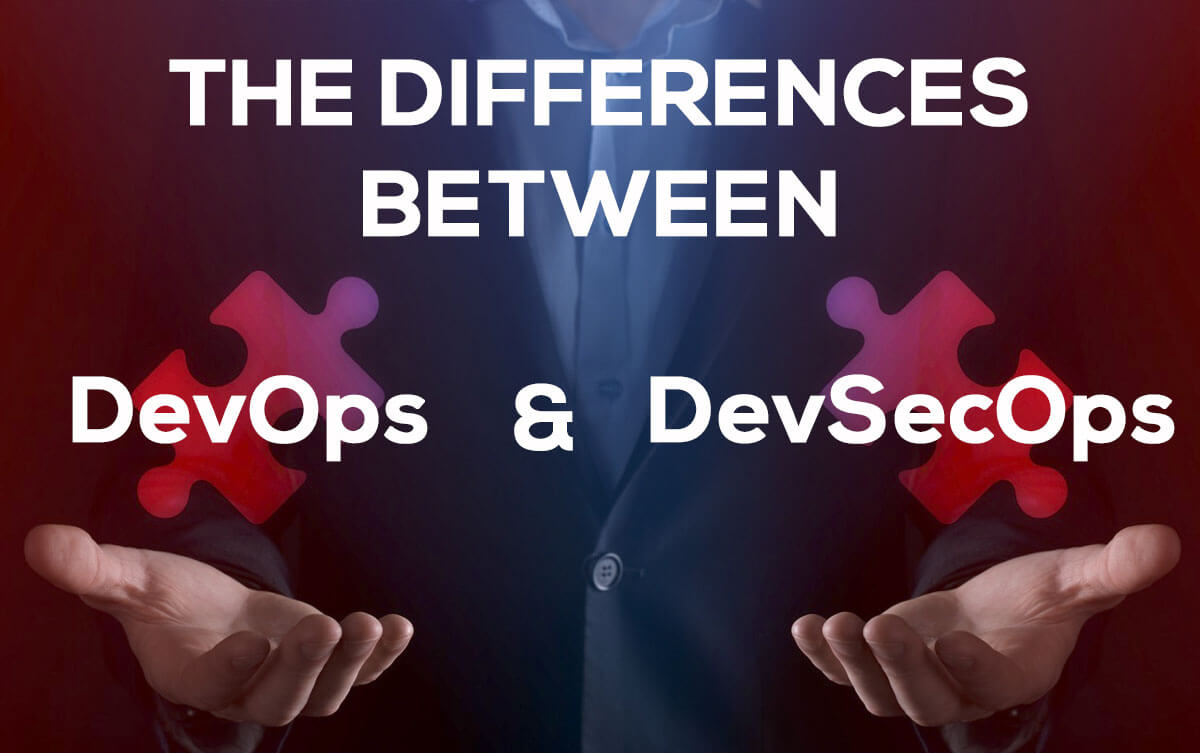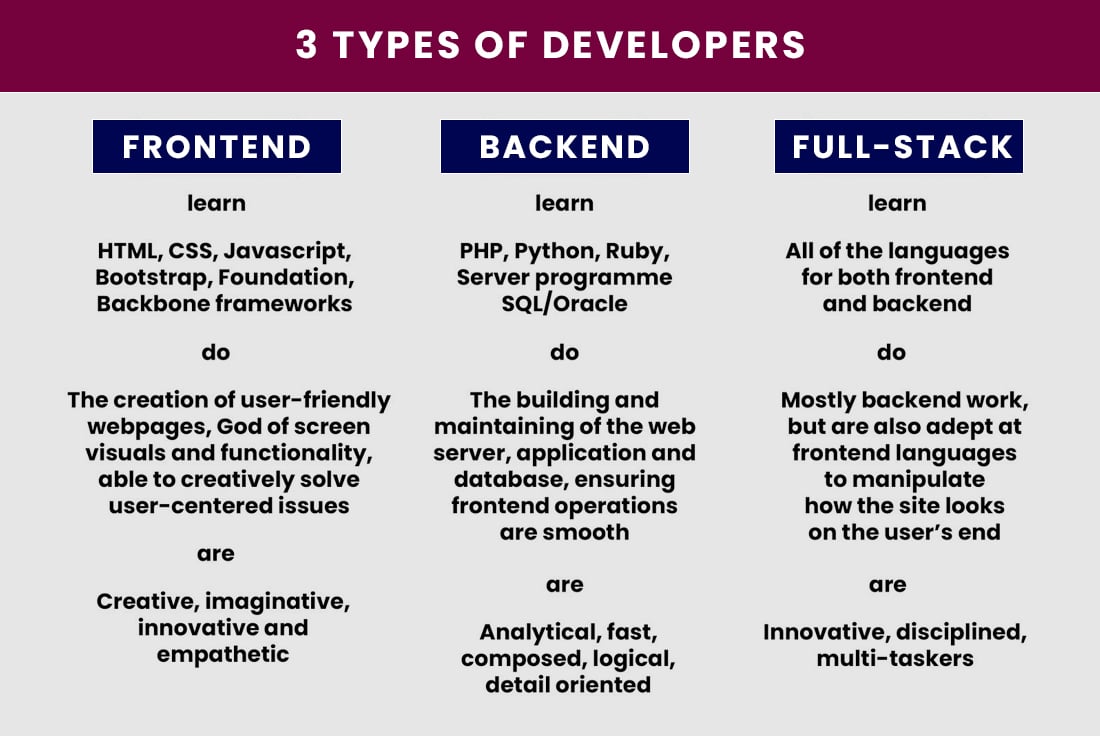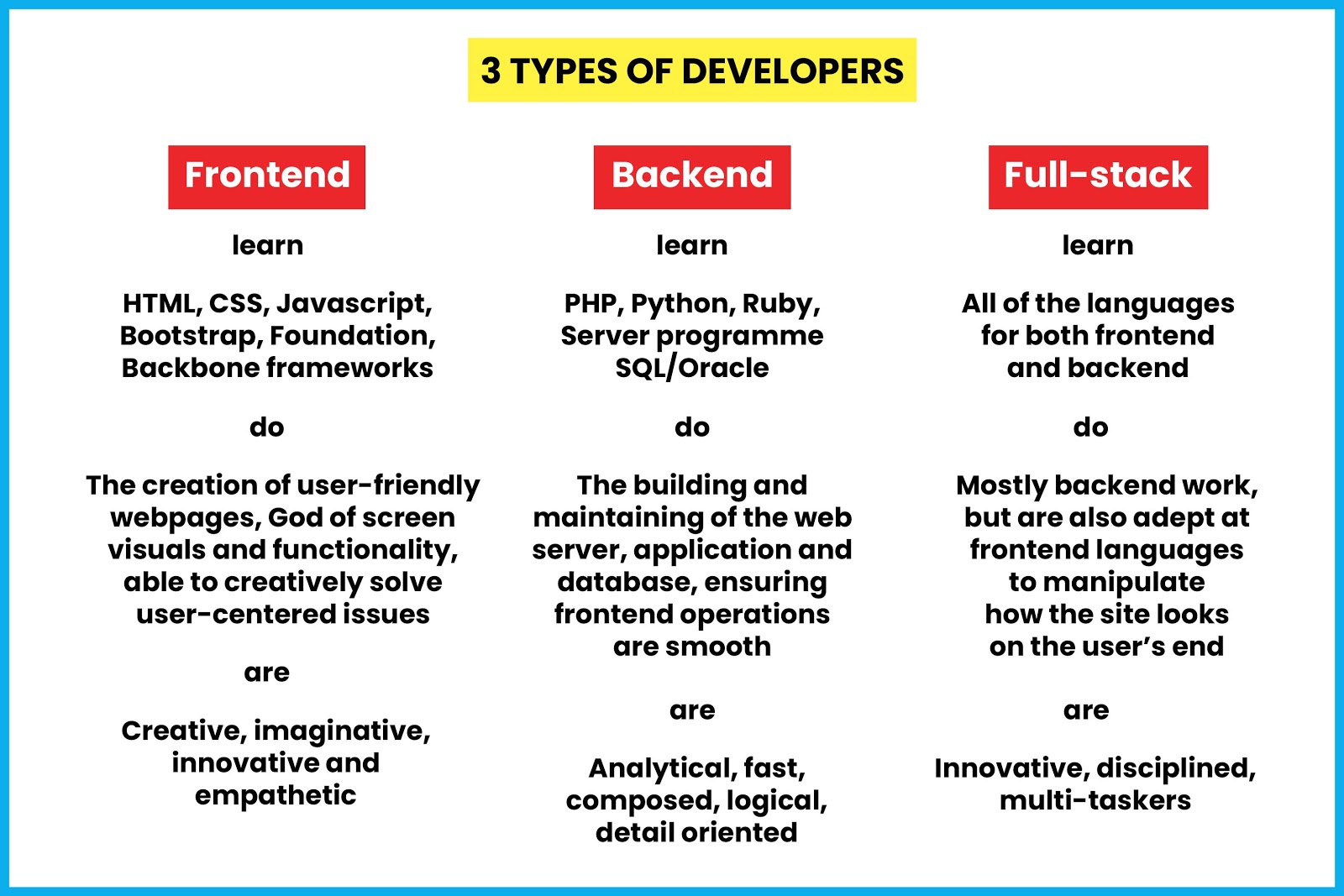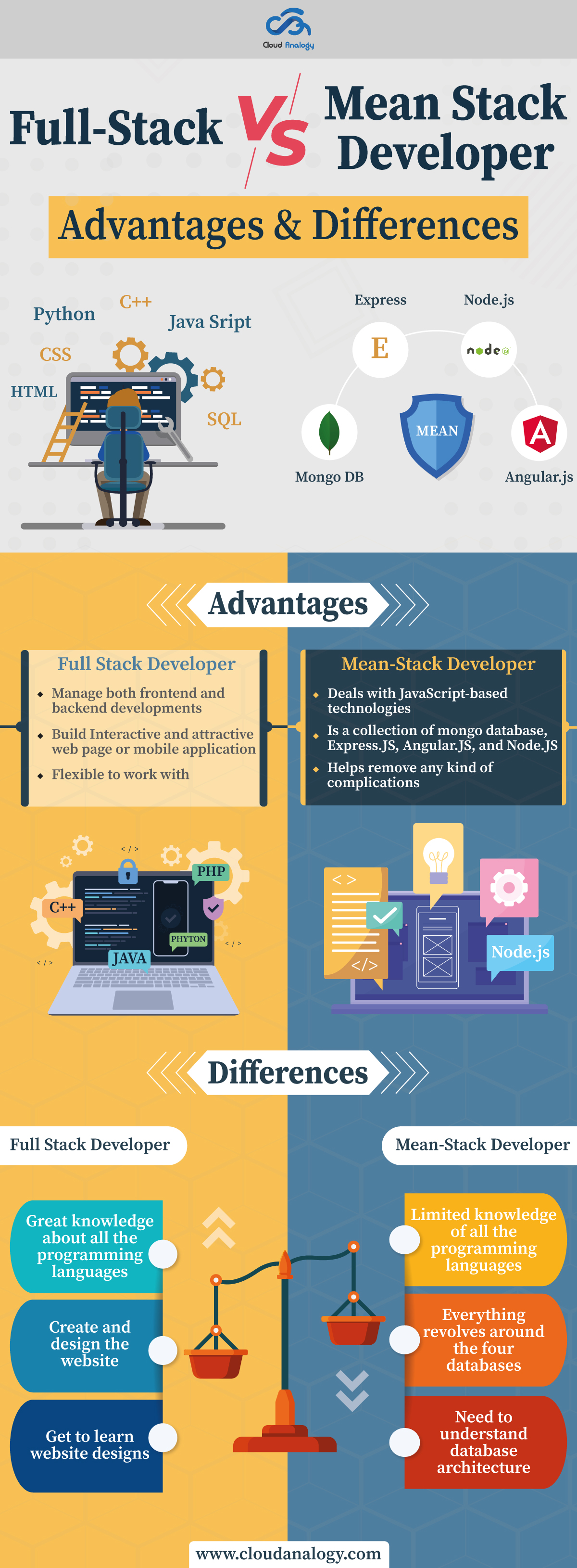Understanding the DevOps Approach
DevOps is a set of practices that combines software development (Dev) and IT operations (Ops). The primary goal of DevOps is to streamline the software development process, improve collaboration between teams, and ensure quick and efficient deployment of software updates. By adopting a DevOps approach, organizations can achieve faster time-to-market, increased efficiency, and reduced risks associated with software development.
The key benefits of DevOps include improved collaboration, increased automation, and continuous improvement. DevOps encourages a culture of collaboration between development and operations teams, ensuring that they work together towards common goals. Automation is another critical aspect of DevOps, as it helps to reduce manual errors and accelerate the software development process. Continuous improvement is also a crucial component of DevOps, as it enables teams to identify areas for improvement and implement changes quickly.
In a DevOps environment, teams use various tools and techniques to automate the software development process. These tools include continuous integration and delivery (CI/CD) tools, configuration management tools, and infrastructure as code (IaC) tools. By automating repetitive tasks, teams can focus on higher-value activities, such as writing code, testing, and deploying software updates.
Exploring Full Stack Development
Full stack development refers to the process of designing, building, and maintaining web applications. Full stack developers are responsible for handling all aspects of a project, from the front-end (user interface) to the back-end (server-side logic and databases). This comprehensive skill set allows full stack developers to work on different aspects of a project, ensuring seamless integration and smooth operation.
Full stack developers typically have a strong background in computer science, with expertise in various programming languages, databases, and web technologies. They should be familiar with front-end technologies such as HTML, CSS, and JavaScript, as well as back-end technologies such as Python, Ruby, and Java. Additionally, full stack developers should have a solid understanding of databases, server architecture, and version control systems.
The primary responsibility of a full stack developer is to ensure that web applications are functional, user-friendly, and visually appealing. This involves designing user interfaces, writing server-side code, managing databases, and optimizing application performance. Full stack developers must also collaborate with other team members, such as designers, project managers, and quality assurance engineers, to ensure that projects are completed on time and within budget.
Key Differences Between DevOps and Full Stack Development
DevOps and full stack development are two distinct roles in the software development industry, each with its own set of responsibilities, required skills, and daily tasks. While both roles require a strong understanding of software development principles and practices, they differ in their focus and scope of work.
DevOps engineers are primarily focused on the development process, with an emphasis on collaboration, automation, and continuous improvement. They work to streamline the software development lifecycle, reduce deployment times, and ensure that applications are scalable, secure, and reliable. DevOps engineers are responsible for managing infrastructure, deploying applications, monitoring system performance, and implementing security measures.
Full stack developers, on the other hand, are responsible for the entire application stack, from the front-end user interface to the back-end server-side logic and databases. They are involved in all aspects of the software development process, from design and development to testing and deployment. Full stack developers must have a comprehensive skill set, including proficiency in various programming languages, databases, and web technologies.
The main differences between DevOps and full stack development include their focus, required skills, and daily tasks. DevOps engineers focus on the development process, while full stack developers are responsible for the entire application stack. DevOps engineers require strong skills in infrastructure management, automation, and security, while full stack developers need a comprehensive skill set in front-end and back-end development, databases, and web technologies.
How to Choose Between DevOps and Full Stack Development
Choosing a career path between DevOps and full stack development can be challenging, as both roles offer unique opportunities and challenges. To make an informed decision, consider the following factors:
- Personal Interests: Evaluate your personal interests and strengths to determine which role is a better fit. If you enjoy automation, infrastructure management, and security, DevOps may be the right choice. If you prefer working on the entire application stack, from front-end to back-end, full stack development may be a better fit.
- Long-Term Career Goals: Consider your long-term career goals and aspirations. If you want to move into management or leadership roles, full stack development may provide more opportunities for advancement. If you prefer to specialize in a specific area of software development, DevOps may be a better choice.
- Current Job Market: Research the current job market and demand for both roles. According to recent studies, the demand for DevOps engineers and full stack developers is increasing, with a strong emphasis on automation, cloud computing, and security expertise.
Ultimately, the choice between DevOps and full stack development depends on your personal interests, long-term career goals, and the current job market. Both roles offer unique opportunities and challenges, and with the right skills and experience, you can build a successful career in either field.
Real-Life Examples of DevOps and Full Stack Development
DevOps and full stack development are increasingly being adopted by companies and organizations across various industries. Here are some real-life examples of how these roles contribute to successful project outcomes and the overall growth of a company:
- DevOps in Action: Companies such as Amazon, Netflix, and Facebook have adopted DevOps practices to streamline their software development processes, reduce deployment times, and ensure high availability and reliability. For example, Amazon uses DevOps practices to deploy code every 11.7 seconds, while Netflix uses DevOps to manage its massive microservices architecture.
- Full Stack Development in Action: Full stack developers are in high demand in industries such as finance, healthcare, and e-commerce. For example, financial institutions such as JPMorgan Chase and Bank of America employ full stack developers to build and maintain complex trading platforms and financial applications. In healthcare, full stack developers are responsible for building and maintaining electronic health records (EHR) systems and other healthcare applications.
These examples demonstrate the importance of DevOps and full stack development in today’s fast-paced and technology-driven business environment. By adopting these practices, companies can improve their software development processes, reduce costs, and increase competitiveness.
The Future of DevOps and Full Stack Development
The software development industry is constantly evolving, and DevOps and full stack development are no exception. Here are some future trends and opportunities to look out for in both fields:
- Automation: Automation is becoming increasingly important in both DevOps and full stack development. With the help of automation tools, developers can streamline their workflows, reduce errors, and focus on higher-level tasks. In the future, we can expect to see even more advanced automation tools and techniques that will make software development faster, more efficient, and more reliable.
- Cloud Computing: Cloud computing is another area that is expected to see significant growth in the coming years. With the help of cloud computing platforms, developers can build, deploy, and manage applications with greater flexibility, scalability, and cost-effectiveness. In the future, we can expect to see even more advanced cloud computing technologies that will make it easier for developers to build and deploy applications in a variety of environments.
- Security Expertise: Security is becoming an increasingly important concern in both DevOps and full stack development. With the rise of cyber threats and data breaches, developers need to have a strong understanding of security principles and best practices. In the future, we can expect to see even more emphasis on security in both fields, with a focus on building secure applications from the ground up.
Overall, the future of DevOps and full stack development looks bright, with many exciting opportunities and challenges ahead. By staying up-to-date with the latest trends and technologies, developers can position themselves for success in this rapidly evolving industry.
Preparing for a Career in DevOps or Full Stack Development
If you’re interested in pursuing a career in DevOps or full stack development, here are some steps you can take to get started:
- Acquire the Necessary Skills: Both DevOps and full stack development require a diverse set of skills. For DevOps, you’ll need to have a strong understanding of automation tools, continuous integration and delivery, and infrastructure as code. For full stack development, you’ll need to have a comprehensive skill set that includes front-end and back-end development, as well as databases and server-side technologies.
- Get Certified: There are many certification programs available for both DevOps and full stack development. These certifications can help you demonstrate your skills and knowledge to potential employers, and they can also help you stand out in a crowded job market.
- Take Online Courses: There are many online courses and training programs available for both DevOps and full stack development. These courses can help you learn new skills, stay up-to-date with the latest technologies, and prepare for certification exams.
- Join Online Communities: Joining online communities, such as forums, social media groups, and online groups, can help you connect with other professionals in your field, learn from their experiences, and stay up-to-date with the latest trends and best practices.
- Attend Conferences and Meetups: Attending conferences and meetups can help you network with other professionals, learn about new technologies and trends, and gain valuable insights and inspiration.
By following these steps, you can position yourself for success in a career in DevOps or full stack development. Remember to stay up-to-date with the latest trends and technologies, and always be open to learning and growing as a professional.
Conclusion: DevOps vs Full Stack Development
DevOps and full stack development are two distinct roles in the software development industry, each with its own set of responsibilities, required skills, and daily tasks. While both roles require a strong understanding of software development principles and practices, they differ in their focus and scope of work.
DevOps engineers are more focused on the development process, with an emphasis on collaboration, automation, and continuous improvement. They work to bridge the gap between development and operations teams, ensuring that applications are deployed and maintained in a reliable and efficient manner.
Full stack developers, on the other hand, are responsible for the entire application stack, from the front-end user interface to the back-end server-side logic and databases. They need to have a comprehensive skill set, including proficiency in various programming languages, databases, and web technologies.
When choosing a career path between DevOps and full stack development, it’s important to consider personal interests, long-term career goals, and the current job market. Both roles offer exciting opportunities and challenges, and with the right skills and experience, you can build a successful career in either field.
To get started in a DevOps or full stack development career, consider acquiring the necessary skills, getting certified, taking online courses, joining online communities, attending conferences and meetups, and networking with other professionals in your field.
By understanding the differences between DevOps and full stack development, and considering your personal interests and career goals, you can make an informed decision about which path is right for you.





